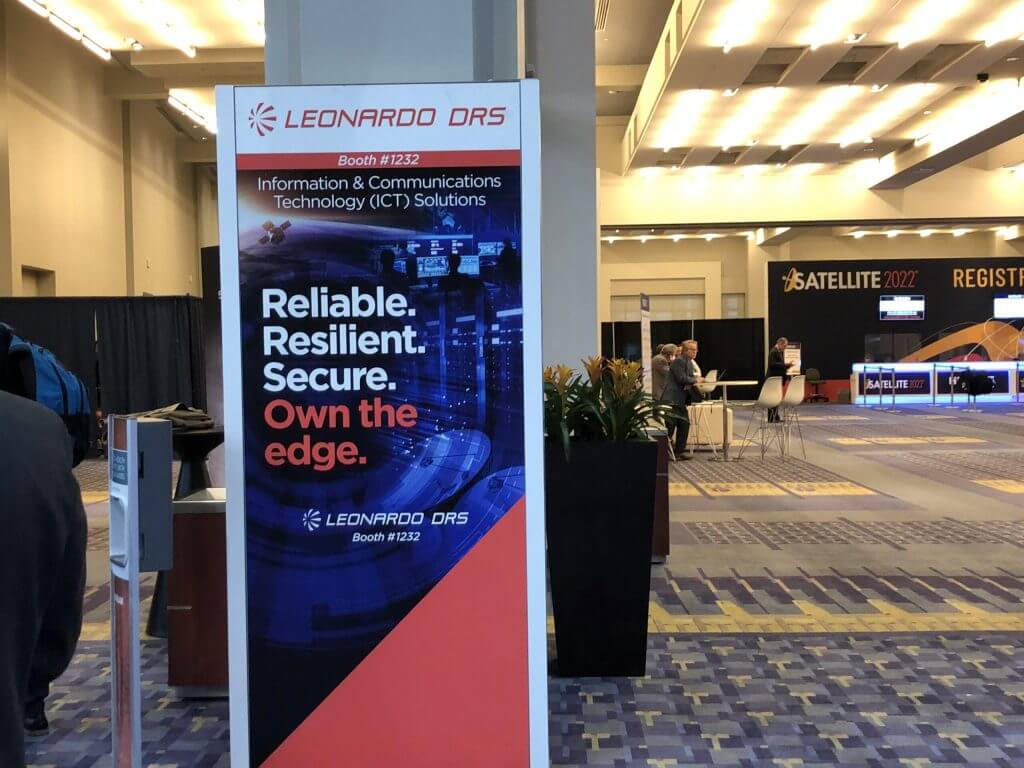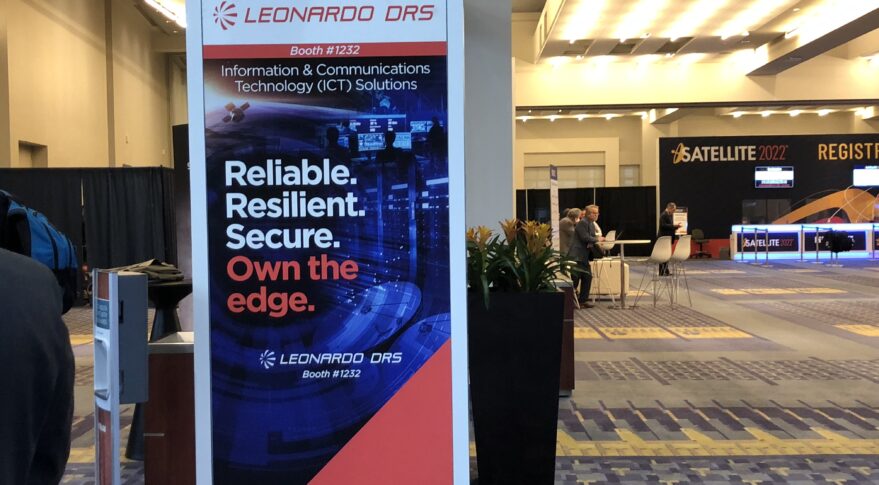
SES beat multiple bidders for Leonardo DRS satcom business (Image Credit: Space News)

WASHINGTON — Leonardo DRS sold its satellite communications business to SES for $450 million after considering bids from several interested buyers, a company executive said.
“It was very much a competitive process,” Dave Fields, senior vice president and general manager of Leonardo DRS Global Enterprise Solutions, told SpaceNews at the Satellite 2022 conference.
The companies announced the deal March 22. “Obviously, I can’t talk about the details but I can tell you that there was a lot of interest from all the segments of the industry, from satellite operators like SES, from other integrators like us and from private equity.”
Leonardo DRS does not own any satellites. It provides managed satcom services to the Defense Department and other government agencies. The company has licensing agreements with multiple satellite operators and terrestrial broadband providers and integrates them into a common network.
Fields said Leonardo DRS decided to sell the satcom business to “provide value to shareholders” and because it did not align with the company’s core defense business. Global Enterprise Solutions is one of eight business units. The other seven manufacture sensors, electronics and other defense equipment. The satcom unit is the only one that provides strictly services.
The satcom unit will be integrated under SES Government Solutions. As an integrator, Leonardo DRS has always been agnostic about what satellite services it uses for customer networks, said Fields “Interestingly, I believe that SES understands that completely and doesn’t want to change that.”
“That doesn’t mean that we’re not going to look for opportunities and synergies to bring the best of what SES has to our customers,” said Fields. “But we’re also not looking to make wholesale changes” or planning to only offer services from SES satellites.
As an integrator “we still want to bring the best capabilities,” said Fields. But SES will be “well represented” in satcom services that require connectivity from multiple orbits and frequencies. SES operates a fleet of satellites in geosynchronous and medium Earth orbit.
With this acquisition, “I think the intention is to leverage our capabilities as an integrator. We don’t want to walk away from what’s made us successful,” Fields said. “We pride ourselves on being agnostic.”
Under SES ownership, the plan is to “maintain our agnostic approach to bringing services to the market but now we are also going to have an underlying fleet that will give us capabilities that we’ve never had access to before.”
“This gives us the ability to influence the future generations of satellites,” Fields said. “Access to fleet planning are things that our customers can benefit from and, frankly, we haven’t had access to before.”








